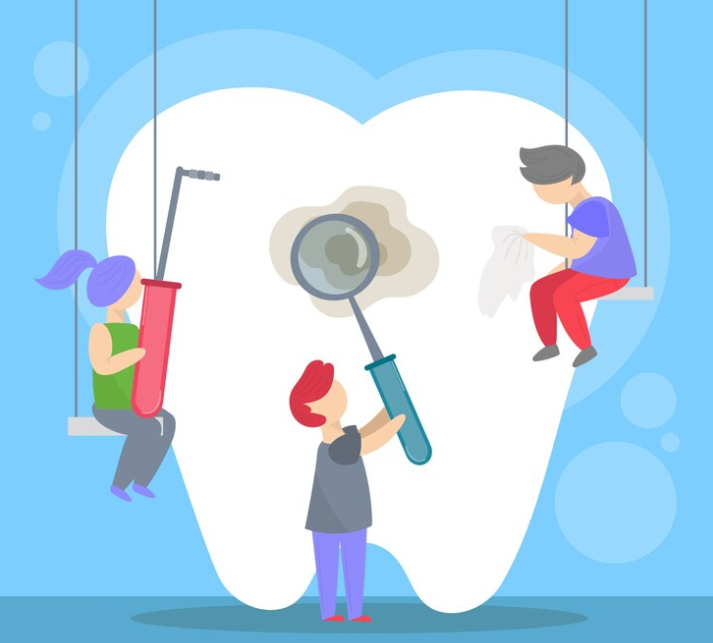
Preventing Gum Disease: Key Habits and Dental Check-ups
Understanding Gum Disease
Gum disease, also known as periodontal disease, is a common condition that can lead to serious dental problems, including tooth loss if not properly managed. The good news is that gum disease prevention is largely achievable through consistent oral hygiene habits and regular dental check-ups. In this blog, we’ll explore effective strategies to keep your gums healthy and free from disease.
Effective Oral Hygiene Habits
Brushing Your Teeth
Brushing your teeth at least twice a day is the cornerstone of good oral hygiene. Use a soft-bristled toothbrush and fluoride toothpaste to clean all surfaces of your teeth and gums effectively.
Tips for Effective Brushing:
- Brush for at least two minutes.
- Use gentle, circular motions.
- Pay special attention to the gum line, where plaque tends to accumulate.
Flossing Techniques
Flossing is essential for removing plaque and food particles from between your teeth and under the gumline—areas that a toothbrush can’t reach.
Tips for Effective Flossing:
- Use about 18 inches of floss, winding most around each middle finger.
- Gently slide the floss between your teeth and curve it around each tooth in a C shape.
- Be sure to floss beneath the gumline for optimal cleanliness.
Benefits of Mouthwash
An antibacterial mouthwash can help reduce plaque and assist in gum disease prevention. Look for a mouthwash designed to kill germs and reduce plaque buildup.
Tips for Using Mouthwash:
- Use mouthwash after brushing and flossing.
- Swish it around in your mouth for about 30 seconds.
- Avoid eating or drinking for 30 minutes after using mouthwash to allow its effects to last.
Maintaining a Healthy Diet
Your diet plays a significant role in your oral health. Foods rich in vitamins and minerals, particularly vitamin C and calcium, help maintain healthy gums and teeth.
Diet Tips for Healthy Gums:
- Eat plenty of fresh fruits and vegetables.
- Limit sugary and acidic foods and drinks.
- Drink plenty of water to help wash away food particles and bacteria.
Avoiding Tobacco Products
Smoking and using other tobacco products significantly increase the risk of gum disease. Quitting tobacco can improve your gum health and overall well-being.
Importance of Dental Check-ups
Regular dental check-ups are essential for gum disease prevention and overall periodontal care. Your dentist can detect early signs of gum disease and provide professional cleanings to remove plaque and tartar that you can’t manage at home.
Professional Cleanings
Professional dental cleanings, performed every six months, are crucial in preventing gum disease. During these cleanings, your dentist or dental hygienist will remove plaque and tartar buildup, polish your teeth, and check for any signs of gum disease.
Comprehensive Dental Exams
During your dental check-ups, your dentist will examine your gums for signs of inflammation, recession, and pocket depth around the teeth. Early detection of gum disease allows for more effective treatment options.
Personalized Oral Hygiene Advice
Your dentist can provide personalized advice on improving your oral hygiene habits. They can recommend specific products, techniques, and frequency of care based on your individual needs.
Conclusion
Gum disease prevention is all about maintaining effective oral hygiene habits and scheduling regular dental check-ups. By brushing and flossing daily, using mouthwash, eating a healthy diet, avoiding tobacco, and visiting your dentist regularly, you can keep your gums healthy and free from disease. Make these habits a part of your daily routine to ensure a lifetime of healthy smiles.
To seek medical advice, always consult a Doctor. Here are our recommended EXPERTS. Click here
To read more on oral-condition. Click Here


